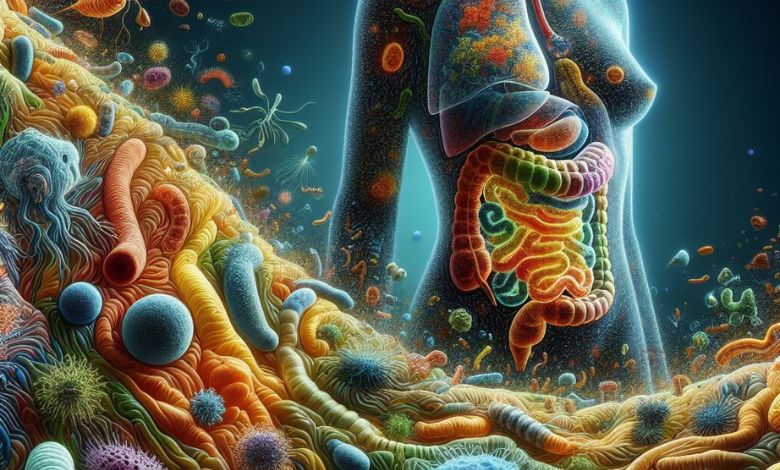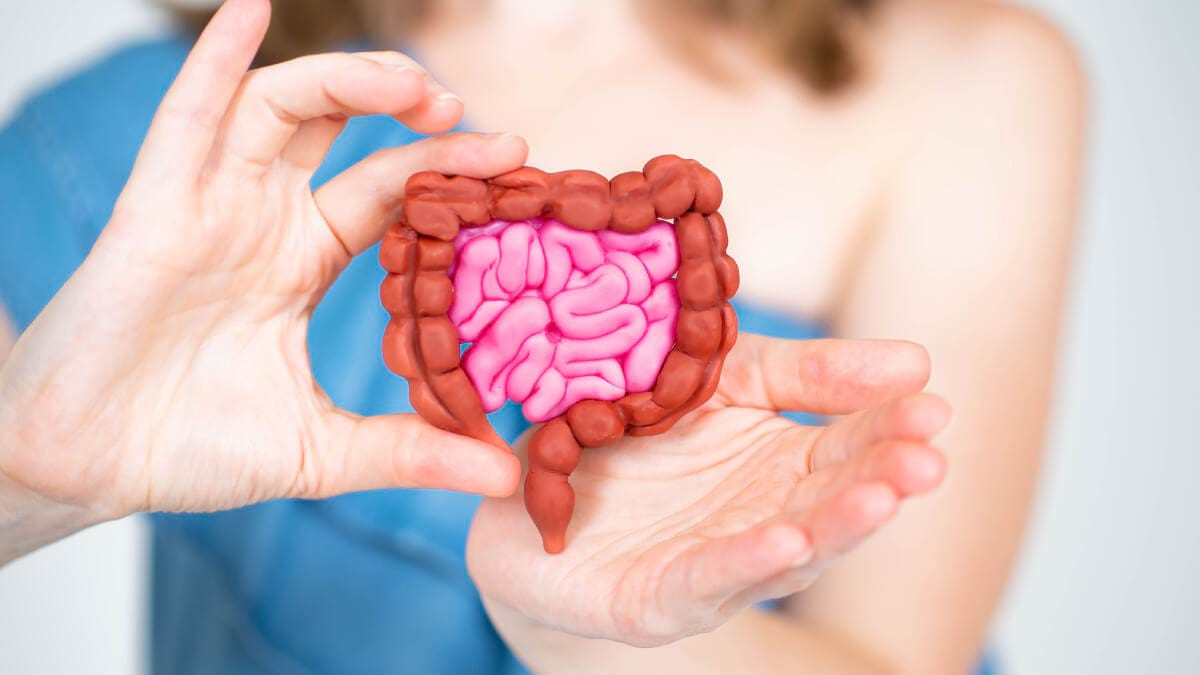When we think about intelligence or decision-making, our brain usually takes the spotlight. But scientists are increasingly turning their attention to another powerful, complex system within our bodies: the gut.
Often referred to as the “second brain,” the gut microbiome is proving to be a central player in not just digestion, but also mental health, immunity, and chronic disease prevention.
What Is the Gut Microbiome?
The gut microbiome is a bustling ecosystem of trillions of bacteria, fungi, viruses, and other microorganisms living primarily in your intestines. These tiny tenants help break down food, produce vitamins, and keep harmful pathogens in check. But their influence goes far beyond digestion.
Why Is It Called the “Second Brain”?
The gut is home to the enteric nervous system (ENS) — a vast network of neurons embedded in the walls of your gastrointestinal tract. This system can operate independently of the central nervous system and communicates constantly with your brain via the vagus nerve. This gut-brain connection plays a crucial role in regulating mood, stress response, and even behavior.
In fact, over 90% of the body’s serotonin — the feel-good hormone — is produced in the gut. It’s no wonder that imbalances in gut bacteria have been linked to anxiety, depression, and other mental health disorders.
How the Gut Microbiome Affects Your Health
Here are just a few of the ways your gut microbiome supports whole-body health:
1. Supports Immune Function
About 70% of your immune system resides in the gut. A healthy microbiome helps identify and neutralize harmful invaders, reducing inflammation and autoimmune risk.
2. Affects Mental Health
The gut-brain axis means that gut imbalances can contribute to mood swings, brain fog, and mental illness. Probiotics and prebiotics have even shown promise in alleviating symptoms of anxiety and depression.
3. Regulates Metabolism
Gut bacteria play a role in how we process sugar, fat, and fiber. An unhealthy gut may increase the risk of obesity, insulin resistance, and type 2 diabetes.
4. Influences Chronic Disease
Emerging research links an imbalanced gut microbiome to heart disease, Alzheimer’s, and even certain cancers. Your gut health today may shape your disease risk years down the line.
Signs Your Gut Might Be Out of Balance
- Frequent bloating, gas, or constipation
- Food intolerances or sensitivities
- Fatigue or brain fog
- Chronic skin issues (like eczema or acne)
- Unexplained weight gain or difficulty losing weight
- Mood disorders or trouble sleeping
If you’re experiencing these, your gut microbiome might need some love.
How to Support a Healthy Gut
The good news? You can support your gut health through everyday habits:
- Eat a diverse, fiber-rich diet: Think fruits, vegetables, legumes, whole grains.
- Include fermented foods: Yogurt, kefir, sauerkraut, kimchi, miso, and kombucha are great choices.
- Limit processed foods and added sugars: These feed harmful bacteria and promote inflammation.
- Stay active: Regular movement supports digestion and microbial diversity.
- Manage stress: Chronic stress disrupts the gut-brain axis.
- Consider probiotics and prebiotics: Supplements or foods that help nourish beneficial bacteria.

Your gut microbiome is not just a passenger in your body — it’s an active partner in your health. By taking care of this inner ecosystem, you’re supporting your immune system, mental clarity, metabolic function, and long-term wellness.
So the next time your gut “feels” something, listen — your second brain might be trying to tell you something important.
Ready to start nurturing your gut?
Share your favorite gut-friendly foods in the comments or let us know how you keep your second brain happy!

